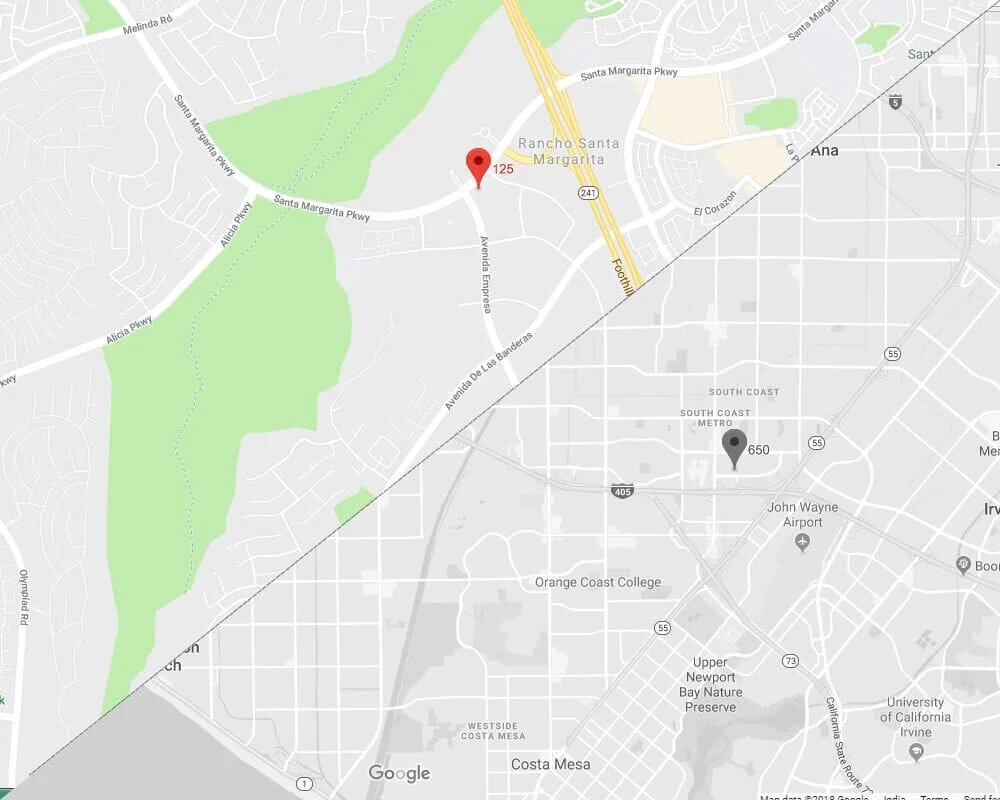
When Can You Enter The United States Through A Family Visa?
Some people hope to immigrate to the United States with the help of work visas from their employer, while others rely on family relationships to provide grounds for their entry into the United States. Many work-based visa programs are highly competitive, while other popular visas, including certain work visas and the annual diversity visas, involve a random lottery process, meaning people could wait for years for a visa and never receive one.
Family-based immigration is available to individuals who have direct family members who are either citizens of the United States or lawful permanent residents. There are fewer restrictions and no lottery systems currently in use for family-based immigration visas.
What are your rights if you have a citizen as a relative?
The closer your familial relationship to a United States citizen, the greater the likelihood that you can potentially secure a family-based visa. Typically, immediate relatives receive first consideration.
Parents, children and spouses of United States citizens can typically enter the United States with no restriction on the overall number of people who immigrate using this program. Siblings may also be eligible in some situations.
More distant family members of U.S. citizens may have family immigration options similar to the options available to relatives of green-card holders.
Family preference visas are another family-based immigration option
More distant relatives of United States citizens could potentially secure a family preference visa. A close family relationship to someone with a green card can also be grounds for a family preference visa.
However, green-card holders can typically only submit immigration petitions for their spouses or unmarried children. While there are limits on the number of visas available under the family preference visa program each year, it can be a viable option for some family members hoping to enter the United States.
Learn More About What We Can Do To Help
We invite you to call us at 949-459-5900 to schedule your free initial consultation. You can also reach our firm by contacting us online.
Tell Us About Your Case
Each time we take a case, we look at the big picture: What can we do to best help solve the problem as efficiently as possible. We use our experience and creativity to propose solutions that allow you to put your legal matters behind you.
© 2025 Brown & Stedman LLP. All rights reserved.
